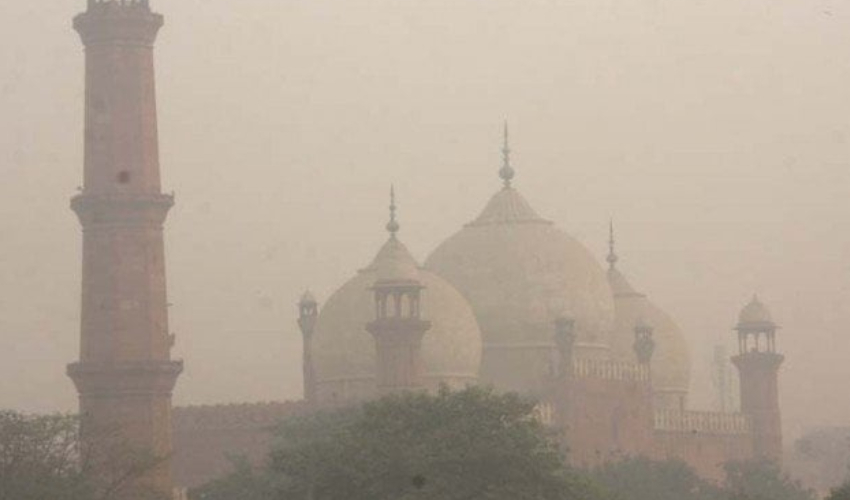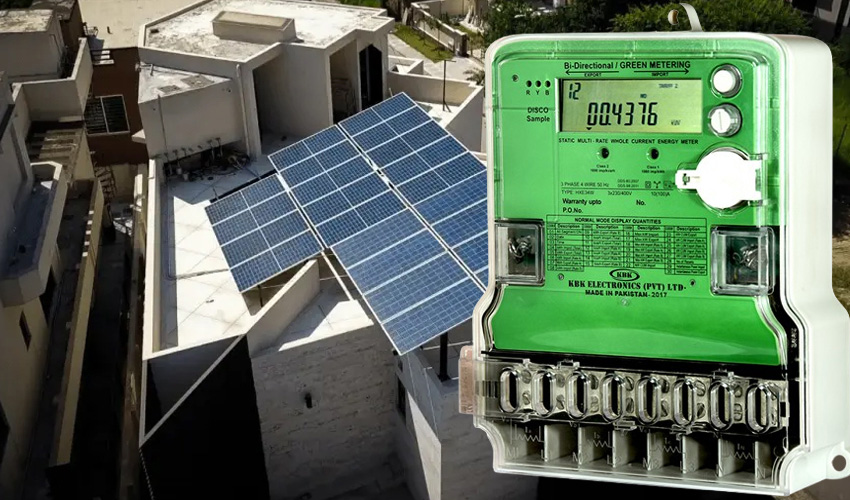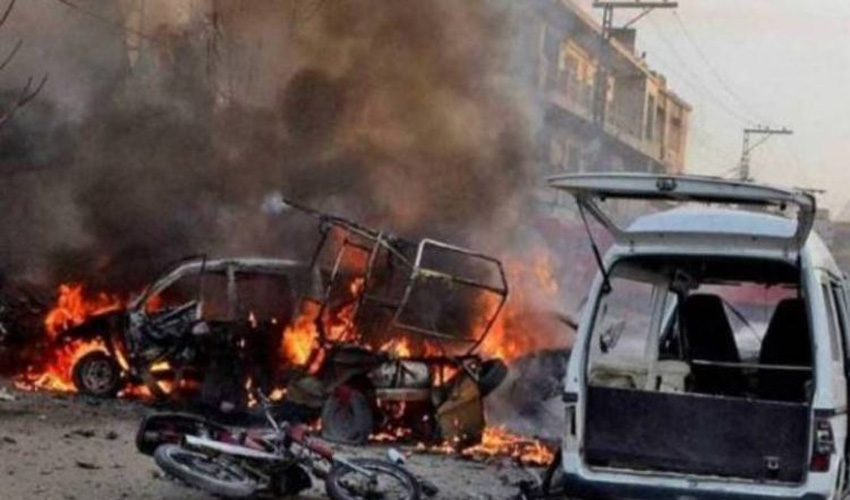Due to the severe air quality, authorities have implemented changes to school schedules across Lahore. Starting today, government schools will open at 8:45am, with morning assemblies held indoors to minimize exposure to the toxic air.
On October 23, the Punjab Environment Protection Department issued instructions to relevant institutions to implement urgent measures in response to the rising air pollution levels. The government had announced changes to school timings to protect children and the elderly from the harmful effects of smog.
According to the instructions, all outdoor activities were to be suspended to limit children's exposure to polluted air. Authorities have urged the public to adopt protective measures, including wearing masks and monitoring daily AQI levels through the Environment Protection Department app.
In an additional effort to tackle the worsening pollution, officials are preparing to induce artificial rain, hoping to clear the smog from the atmosphere.
Pollution levels in Lahore have reached dangerous levels, turning the city into the most polluted in the world, with an overall Air Quality Index (AQI) crossing 530 on Monday morning.
According to recent data, polluted winds from neighbouring India have exacerbated the city’s air quality, creating hazardous breathing conditions for its residents. In some areas, AQI levels have surged above 800, with a record-breaking 818 AQI reported in Gulberg.
The impact of the smog has extended beyond schools and into Lahore’s air travel. A recent private flight from Karachi to Lahore experienced smog at the rear end of the aircraft at altitudes as high as 5,000 feet. When the aeroplane descended to 1,000 feet, its crew reported heightened smog levels within the cabin.
The crew then informed the captain about the passengers' complaints about the presence of smog, prompting the captain to forgo the usual jet bridge and instead disembark passengers via manual ladders after parking the aircraft at the side of the runway.
With air pollution in Lahore reaching these critical levels, health experts are urging residents to wear masks outdoors and limit exposure as much as possible until conditions improve.



























